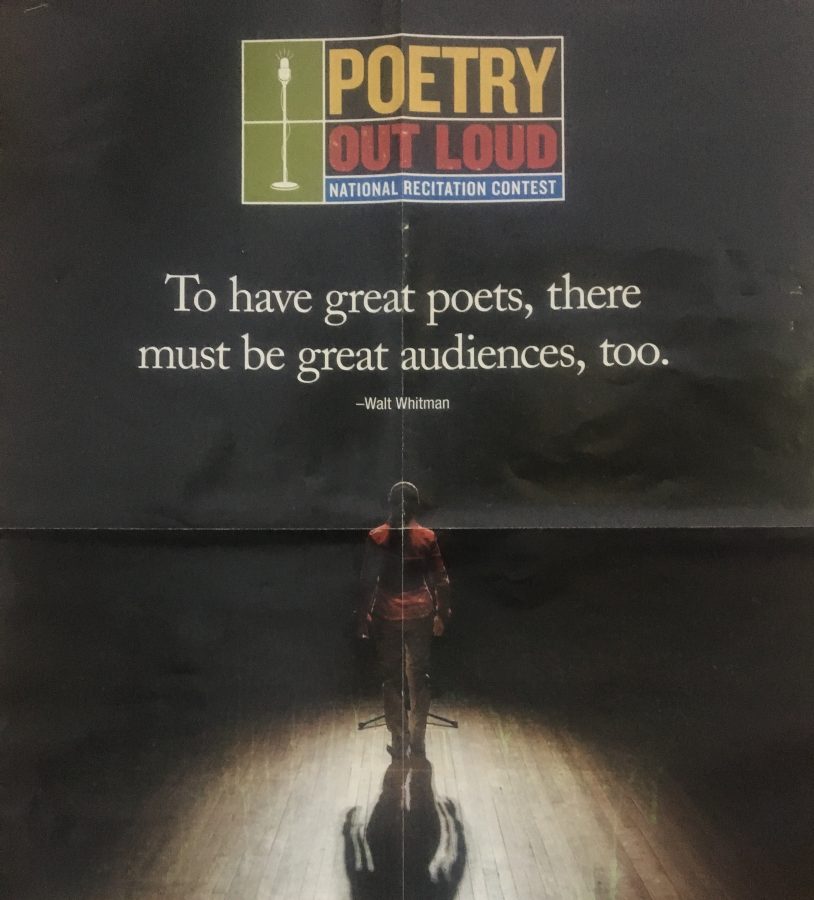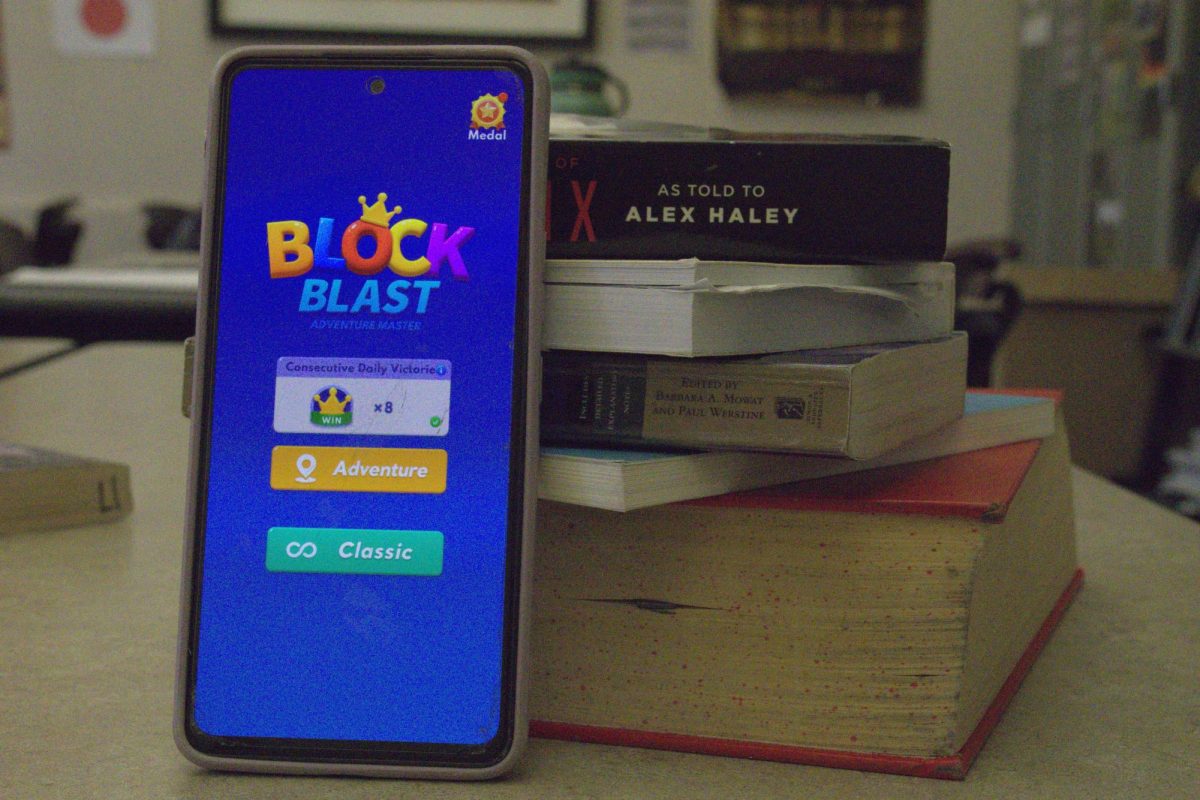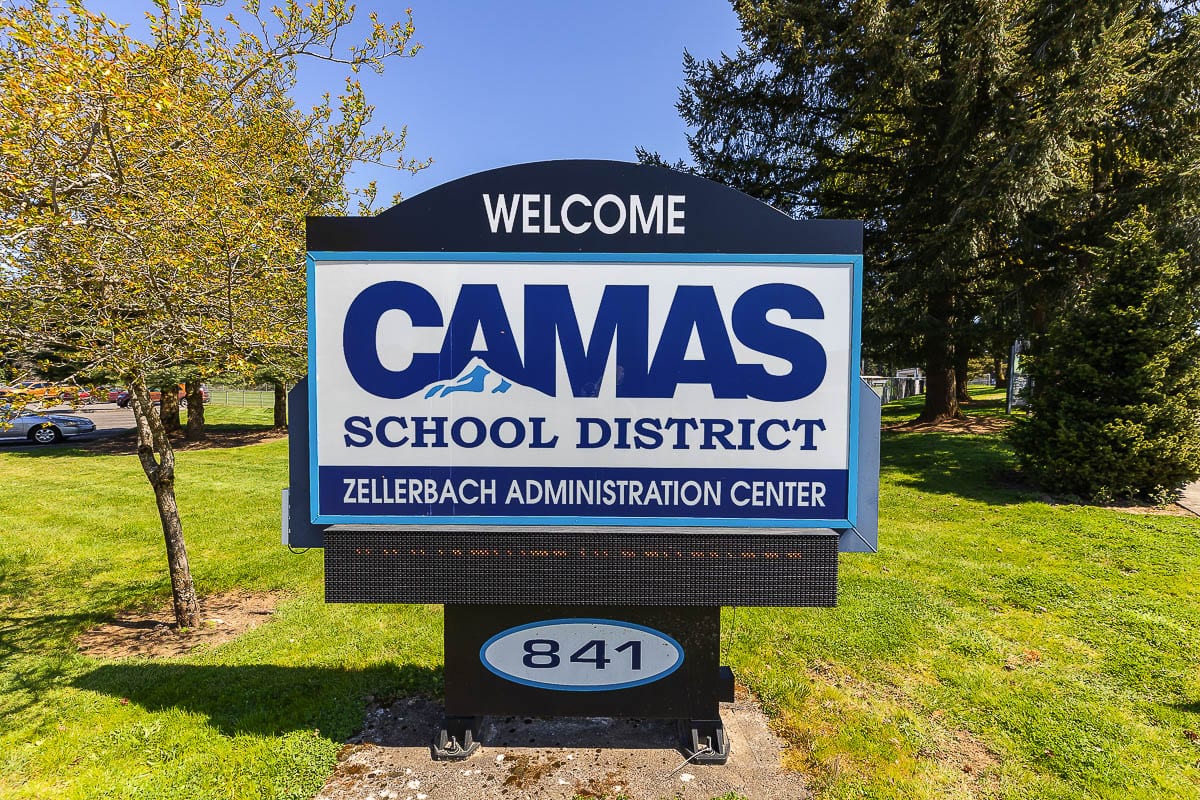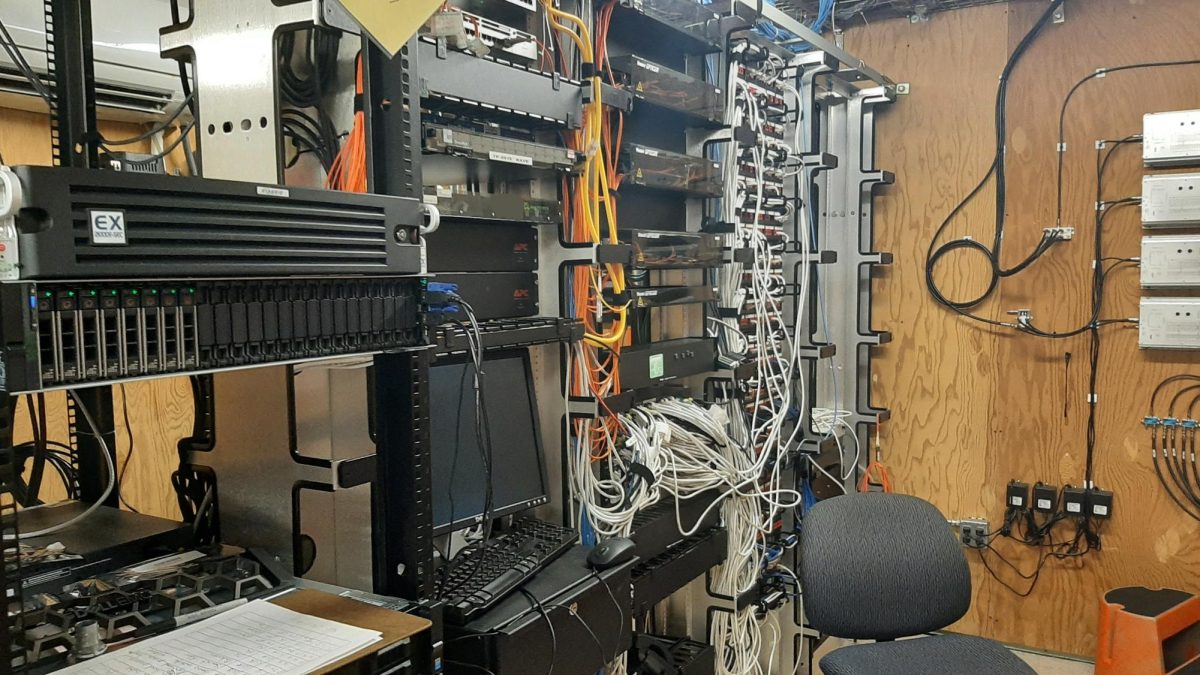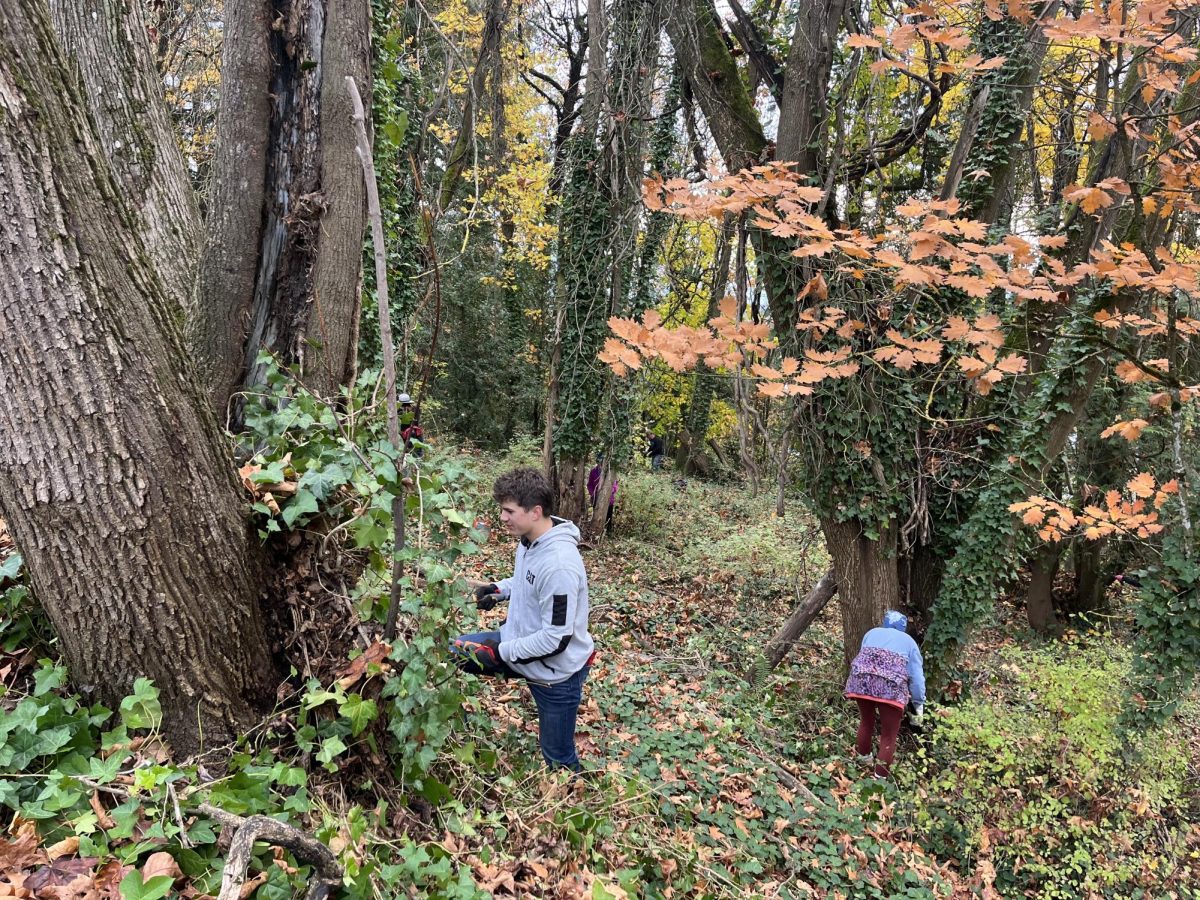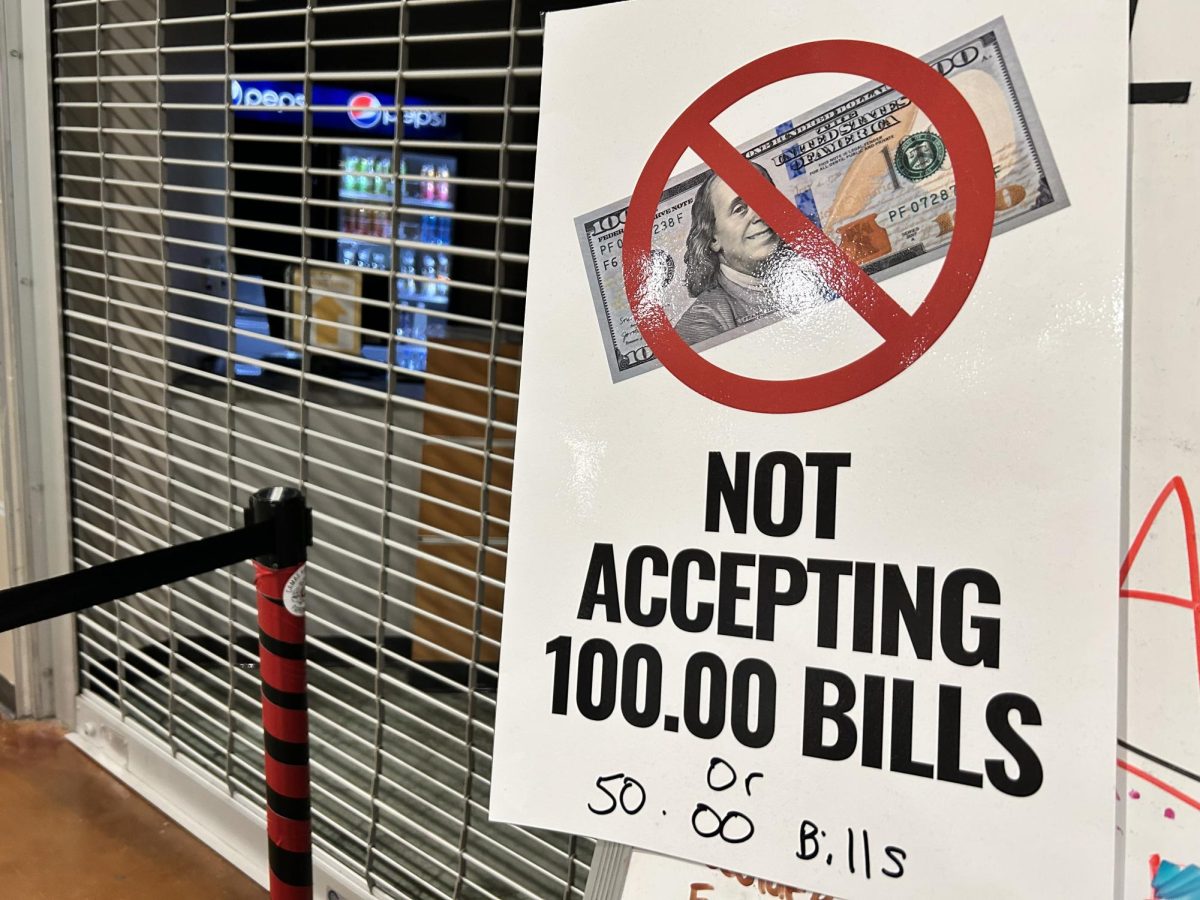Poetry creates a variety of emotions and messages through words and can be comprehended in millions of ways. But are those emotions, messages, and perspectives beneficial to students? Whether students know it or not, they are involved this year in a study about whether poetry instruction is beneficial.

The Social Policy Research Associates (SPR) is an organization studying how poetry instruction is useful to students, or if it’s just a waste of time.
Poetry Out Loud is a good example of poetry instruction in schools. This program is all about providing high school students a curriculum based on poetry comprehension. Around the month of March, students are given an anthology of poems put together by Poetry Out Loud to read from. There, they will pick a poem they wish to perform in front of the class. Performing the poems are mandatory in this process, so every student in the class must do one. The top two performances of the class are selected for the entire school competition, where only one rises victorious. That one person will be sent to regional competitions, and if they win, a state competition. If they’re lucky, the person can make it all the way to Washington D.C., where they will compete with the top contenders from other states.
To some, it may sound like a huge hassle for some pieces of rhyming words printed on a page, to others it may sound like a luxury. To Mrs. Terry Nyquist, CHS’s Poetry Out Loud coordinator, poetry instruction is very important. “In school, we have often been presenting it on the page, so for me, poetry instruction is going beyond reading poetry and physically experiencing it.” Says Nyquist. She talks about how connections can go deeper when a student is reciting and deciphering poems and then performing it to get their view of it across. “Not only does it introduce kids to poetry…, but it also helps develop public speaking skills,” she adds. Since the poems are performed in front of an audience, a student’s confidence and speaking abilities can advance as they express poetry to the class.
Students are the real core of this project though. Jace Grubbs, a junior here at Camas, tells the Camasonian about his own experience doing Poetry Out Loud. “I think Poetry Out Loud is a great event/activity for high school kids to experience.” He shares. “It either throws them out of their comfort zones or puts them into it.” Grubbs continues to talk about how the program gives students a chance to improve on their public speaking skills and just performing in general. The comprehension of the poetry is most important, how the student perceives poetry. “There’s no right answer as to what a poem is defined to be.”
On the other side of the spectrum, there are some that just see it as another class assignment. Sophomore Hayden Radcliffe, speaks nonchalantly about the topic. “We had to memorize any poem that had a certain amount of lines in it, then we had to perform it in front of the class.” As it seems, Poetry Out Loud did not give that huge of an impact on him. “I performed mine in the flow of rap and it got selected to go to the next round in the library.” Despite his opportunity of being able to compete for the school, he turned the offer down. “But I don’t like doing poetry so I didn’t take the offer.”
Whether students like poetry or not, the SPR are determined to gain results through the surveys they had sent out to each student. Have an opinion on the matter and take the survey! The results are essential to this project and may change poetry instruction in the future. The survey can be found via email with a link embedded to it. “Does Poetry Out Loud and having students memorize and perform poetry help them understand poetry more, or like it more, or experience it differently?” Nyquist asks herself as the pending data is being reviewed. Well, does it?


































